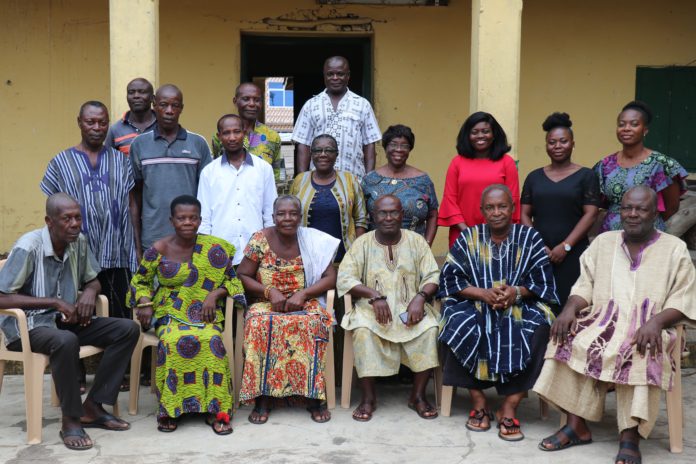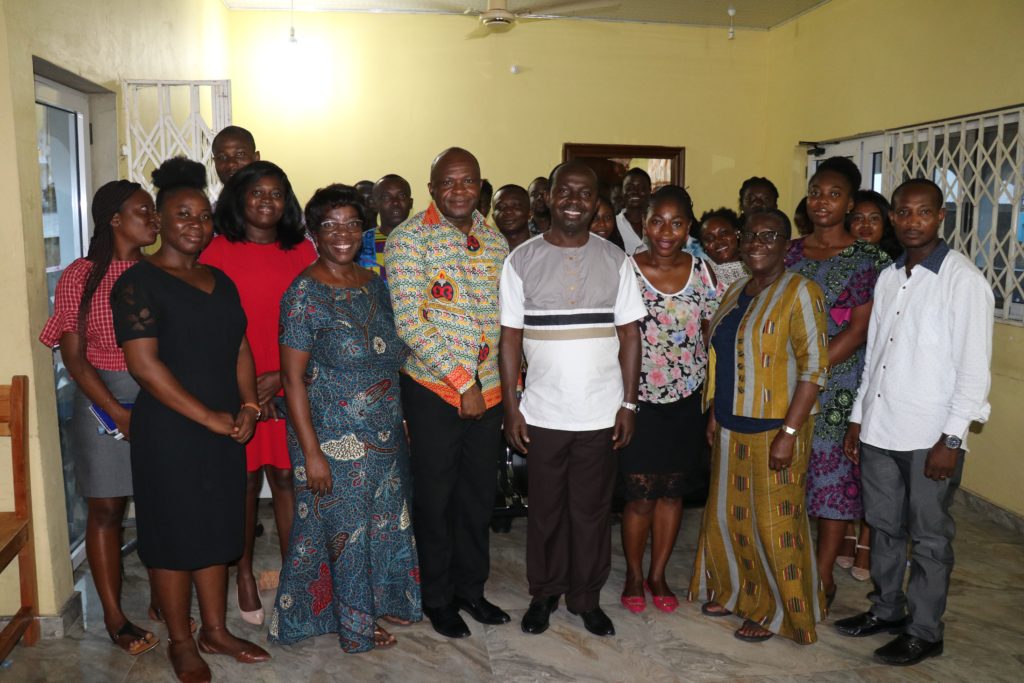
The Network for women’s rights in Ghana (NETRIGHT) has underscored the need for more advocacy and capacity building for women in the country as it prepares to begin a nine-month project on rural women’s rights and voice in the Gomoa East District in the Central region.
The Commonwealth foundation funded project, which is being spearheaded by NETRIGHT in collaboration with the Gender Center and the Alliance for Women in Media Africa (AWMA), is to empower rural women to make an impact in policy formulation and changes in the district.
At a meeting to introduce the project to the traditional authority and the Gomoa East Assembly, Programs Manager of NETRIGHT, Patricia Blankson Akakpo, expressed optimism that at the end of the nine-month capacity building project, women and girls in the various communities in the district would be able to assert their rights and make inputs and demands in the development process in the district, as has happened in other districts with similar capacity-building projects.
She underscored the importance of encouraging women to speak up and be part of decision-making processes in the various districts across the country.

Executive Director of the Gender Studies and Human Rights Documentation centre, Dorcas Coker-Appiah, underscored the importance of advocacy in development, citing examples of how her organization and NETRIGHT helped in making changes in some programs and policies that have been beneficial to many women and influenced national decisions.
The Chief of Gomoa Potsin, capital of the Gomoa East district, Nana Twieku Adadoa and his elders were excited about the project and pledged their support to make it successful and sustainable.
After a meeting with officials of the Gomoa East district assembly, the Chief Executive, Solomon Darko Quarm, intimated the importance of skills training and capacity building programs that create awareness of accessible opportunities for women to fully be part of the development process in the district.
The nine-month project will kickstart with a focus group discussion for women within the district to identify issues faced by the women and how to collectively tackle the issues by designing a training program for the women.
The project would not only use women in advocating for change, as some men and other stakeholders in the various communities would be part of the entire process as they form a key part of society.
Source: Ghana/Starrfm.com.gh/103.5FM

